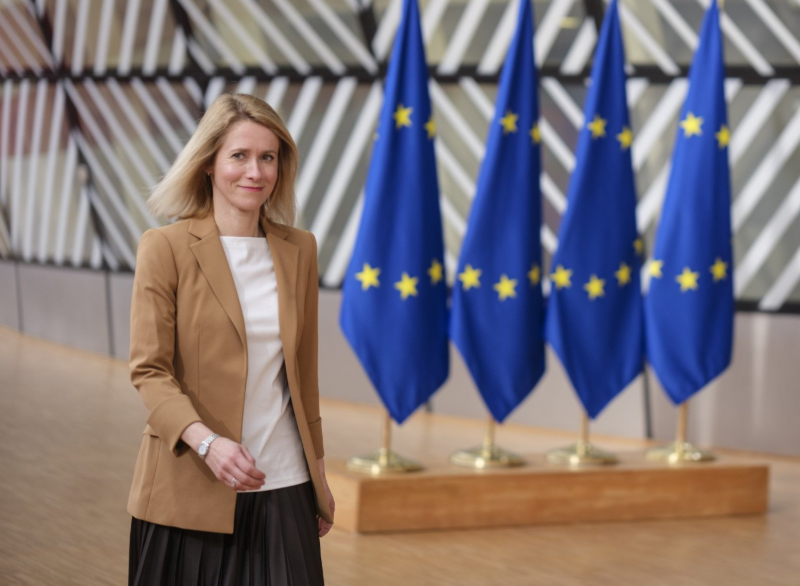Turkey will gain access to European Union defense industry financing and joint procurement programs as part of the bloc’s new Security Action for Europe (SAFE) initiative, EU foreign policy chief Kaja Kallas announced, according to Turkey’s Anadolu news agency.
Kallas, speaking to Turkish journalists at the European Commission, confirmed that Turkey, as a candidate country, will now be eligible for low-interest loans to support joint defense projects with EU members. The SAFE initiative, approved by the European Council on May 27, aims to boost Europe’s defense production capacity and reduce reliance on external military partners, including NATO.
“Turkey now has access to SAFE loans, for example, for joint projects with European countries,” Kallas said.
SAFE is part of a broader €800 billion European defense strategy for 2030. The €150 billion program will finance collaborative projects, with at least 65 percent of work completed by EU-based firms. Non-EU participants, including Turkey, can contribute between 15 and 35 percent. The European Commission will raise funds on financial markets, offering 45-year loans to participating countries. Project proposals are due by June 30, 2027, with funds expected to be fully allocated by 2030.
Participation requires a formal agreement under Article 17 of the SAFE regulation adopted on May 20. Greece had pushed for all non-EU partnerships to require unanimous approval by member states, citing Articles 212 and 218 of the EU Treaty. The proposal was blocked by Germany and EU legal experts. However, Article 212 remains the legal basis for agreements with non-EU countries, and Greece has formally recorded its reservations.
Turkey’s inclusion comes amid political tensions between Ankara and Brussels. The European Parliament and rights groups have repeatedly criticized Turkey for democratic backsliding under President Recep Tayyip Erdoğan. Freedom House rated Turkey “Not Free” in its 2025 report, citing crackdowns on civil liberties and dissent. The March 2025 arrest of Istanbul Mayor Ekrem İmamoğlu, Erdoğan’s main political rival, on corruption charges widely seen as politically motivated, triggered protests and market turmoil.
Despite these concerns, Turkey’s growing defense sector and geostrategic importance are seen as crucial for Europe’s security. Germany and Spain have backed stronger engagement with Ankara, while Italy is exploring new channels for regional security cooperation.
How the EU balances its strategic interests with democratic principles in managing Turkey’s role in SAFE could shape the future of European defense policy and EU-Turkey relations.



